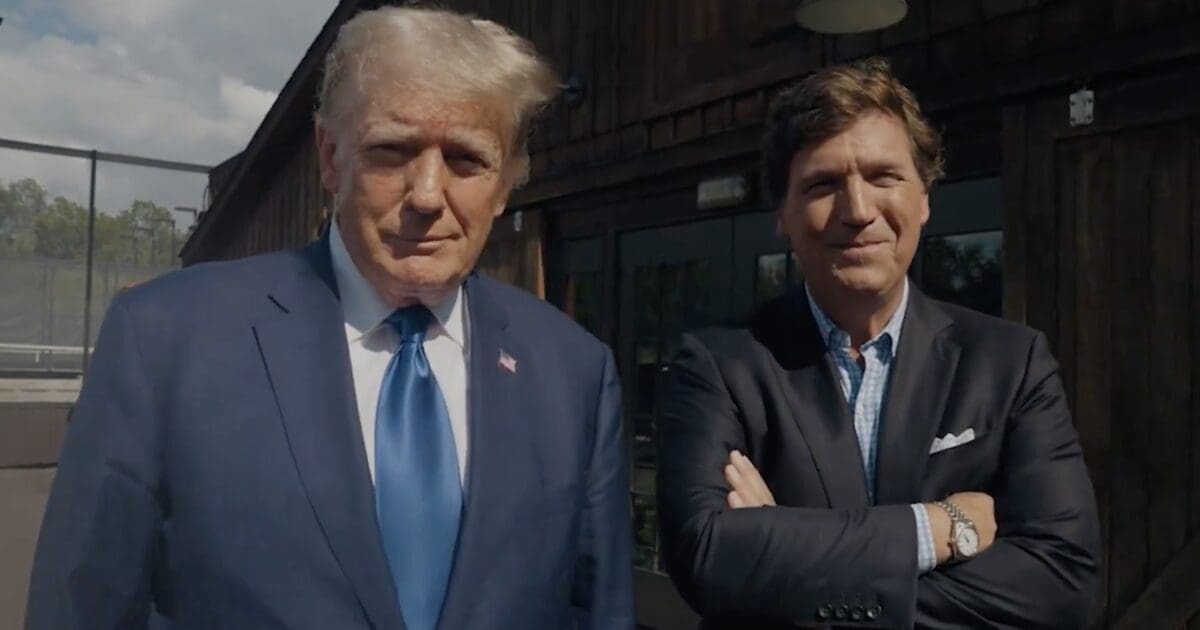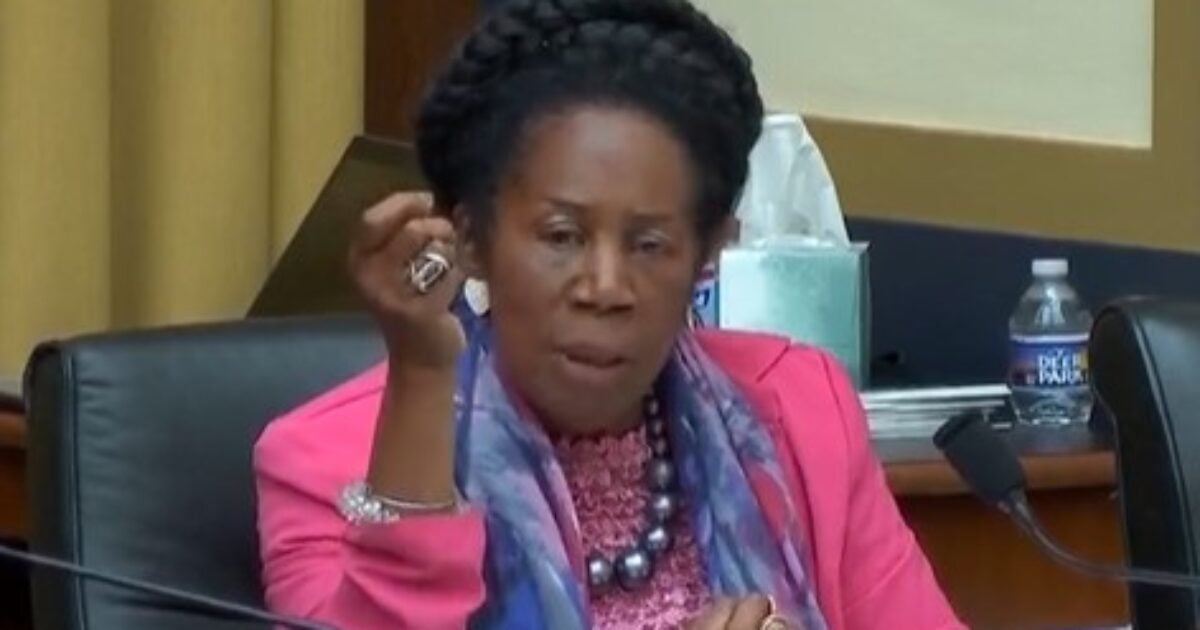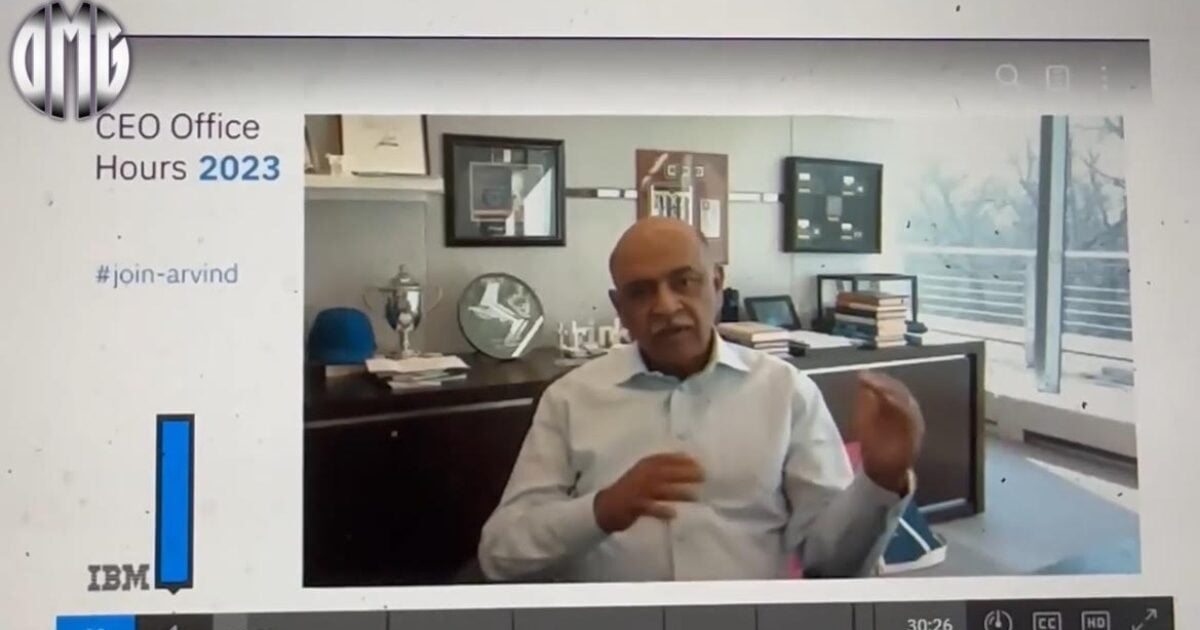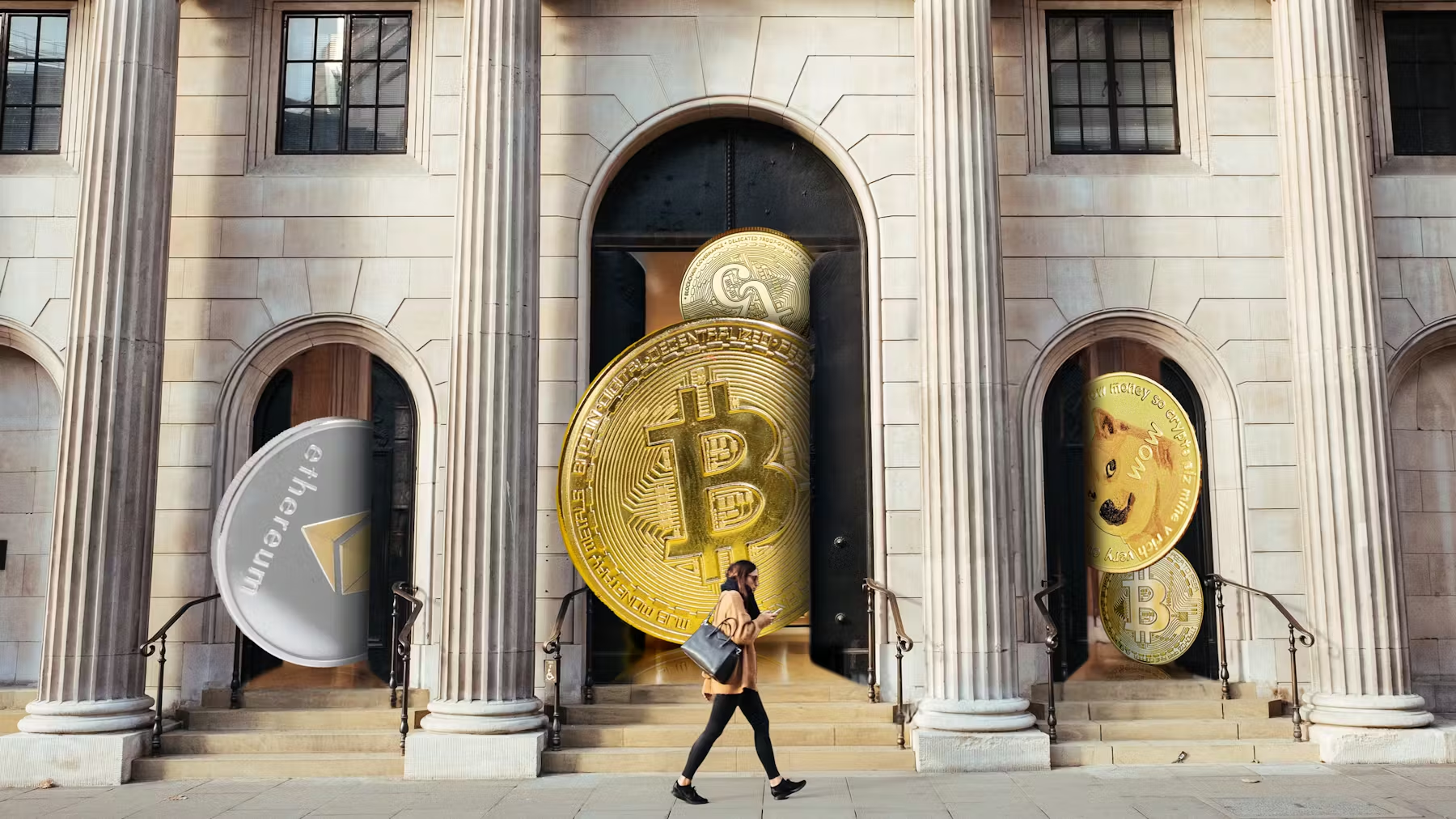The United States Embassy in Port-au-Prince, Haiti, closed its doors on Monday, August 4, 2025, due to intense gunfire in the Tabarre neighborhood, where the diplomatic compound is located.
The State Department announced that all personnel have been confined within the compound, suspending any official movement outside of it, in response to the growing wave of violence affecting the Caribbean nation.
This decision comes in the context of widespread chaos, where armed gangs control approximately 90% of the capital, according to UN reports.
Haiti, the poorest country in Hispanic America and the Caribbean, has been mired for years in a political, economic, and social crisis that has worsened exponentially.
In 2024, violence resulted in at least 5,626 deaths, 2,213 injuries, and 1,494 kidnappings, according to verified data from the UN Integrated Office in Haiti (BINUH). In the second quarter of 2025 alone, 1,520 people were killed and 609 injured, mostly in Port-au-Prince, primarily due to actions by criminal gangs.
Additionally, 1.3 million people have been displaced, a 24% increase since December 2024, reflecting the magnitude of the humanitarian crisis.
The situation in Haiti is not new. Since the assassination of President Jovenel Moïse in 2021, the country has lacked stable leadership, allowing gangs such as “400 Mawozo” and “Chen Mechan” to consolidate territorial control.
These gangs not only perpetrate killings and kidnappings but have also attacked critical infrastructure, including U.S. Embassy vehicles and a UN helicopter in October 2024. The lack of an effective response from local authorities, accused of passivity and even complicity with the gangs, has exacerbated the anarchy.
In this context, the international community has attempted to intervene. A security support mission led by Kenya and backed by the UN seeks to curb the violence, but results have been limited.
Armed gangs control key routes, entire neighborhoods, and have triggered institutional collapse affecting basic services such as education and healthcare. More than 5.2 million Haitians—nearly half the population—require urgent humanitarian assistance, including 3 million children with no access to essential services.
The response from the United States under the administration of Donald Trump has been forceful. In June 2025, the Embassy in Port-au-Prince urged U.S. citizens to leave Haiti “as soon as possible” via commercial or private transportation, warning about the risks of traveling to the country.
Trump, known for his “America First” stance, has prioritized the safety of diplomatic personnel and U.S. citizens, as demonstrated by the temporary embassy closure and the earlier evacuation of non-essential personnel in 2024, accompanied by the deployment of Marines to bolster security.
Trump’s policy toward Haiti also includes strict immigration measures. In early 2025, he issued a travel ban blocking entry to citizens from 12 countries, including Haiti, citing national security risks.
This decision has sparked criticism, but it reflects his approach to protecting U.S. borders in the face of regional instability. Meanwhile, the administration has avoided committing significant resources to international missions, leaving the main responsibility to the Kenya-led mission.
The embassy closure is not an isolated event. In 2023 and 2024, the U.S. Embassy in Haiti had already faced lockdowns and evacuations due to shootings and gang violence.
In July 2023, families seeking refuge outside the embassy were dispersed with tear gas by Haitian police, a sign of the local government’s inability to guarantee security. These recurring events highlight the fragility of the situation and the difficulty of operating in an environment dominated by armed gangs.
The crisis in Haiti raises critical questions about the effectiveness of international interventions and the responsibility of local governments. The passivity of Haitian authorities, along with accusations of links to gangs, has undermined trust in institutions.
Meanwhile, the Trump administration, with its pragmatic approach, has opted to protect American interests, prioritizing the safety of its personnel and citizens over deep engagement with Haiti’s stabilization. This stance, though criticized by some as isolationist, responds to the reality of a country where anarchy appears untreatable without deep structural reform.
The international community, including the UN, faces the challenge of addressing a multidimensional crisis that combines violence, extreme poverty, and institutional collapse. However, the solution cannot rely solely on foreign missions.
Haiti needs internal leadership that will confront gangs with determination, restore the rule of law, and tackle the root causes of poverty. Until then, embassy closures and travel warnings will remain the norm, leaving millions of Haitians trapped in a cycle of violence and despair.
About The Author
Post Views: 0
👁️ 0 vistas















